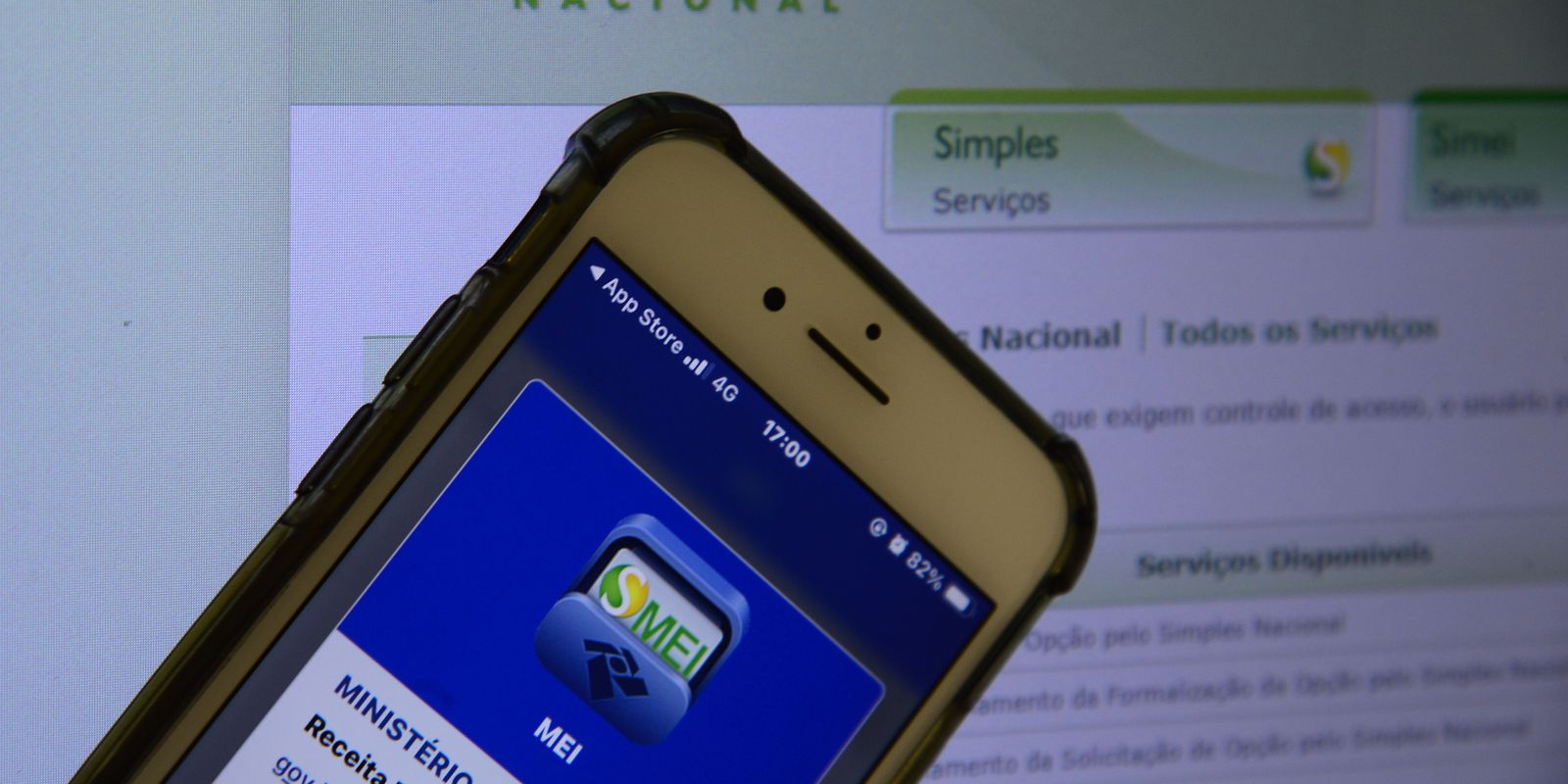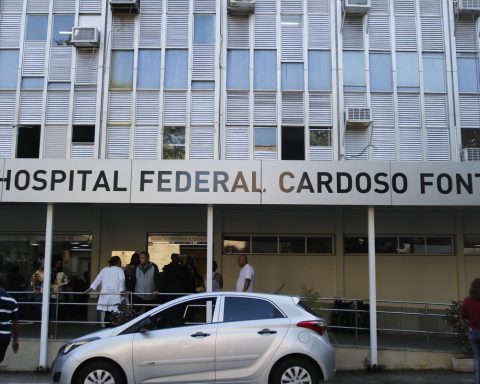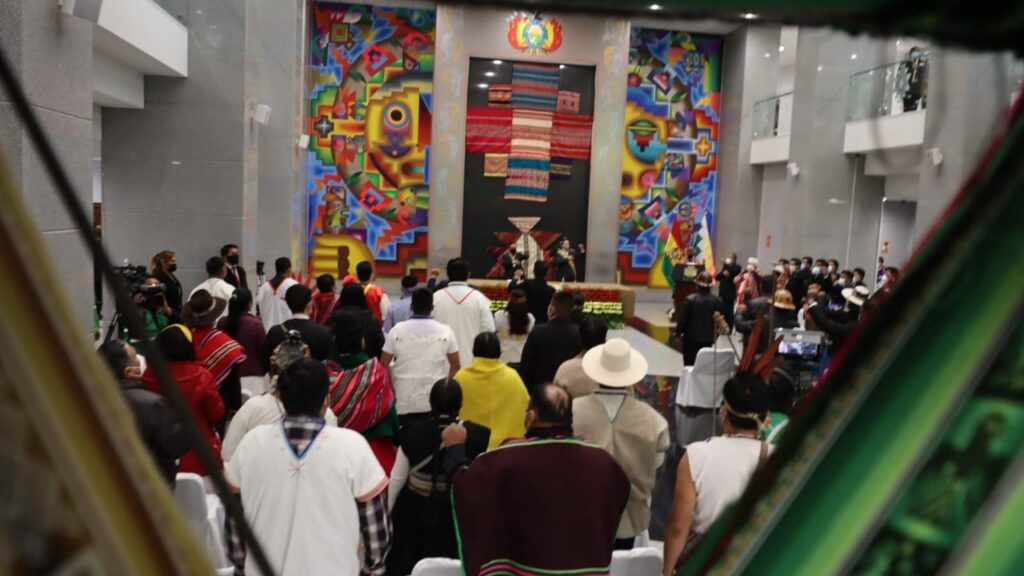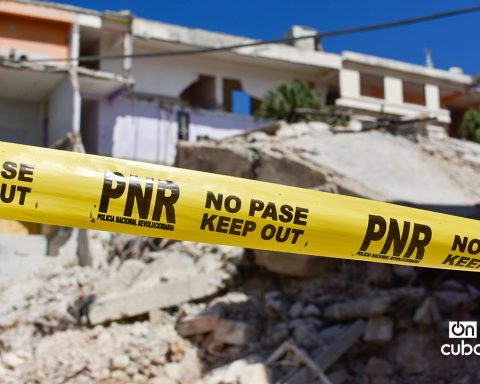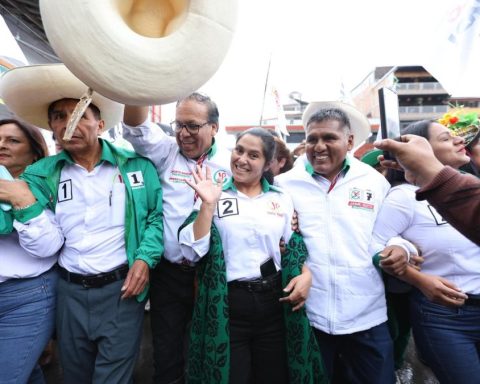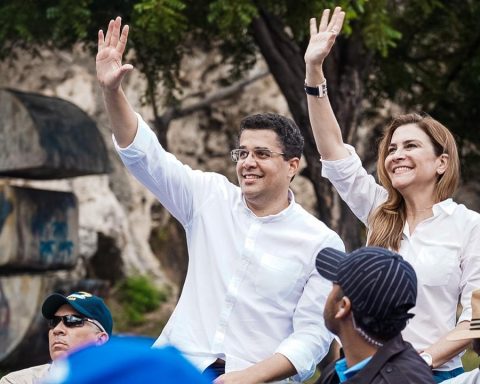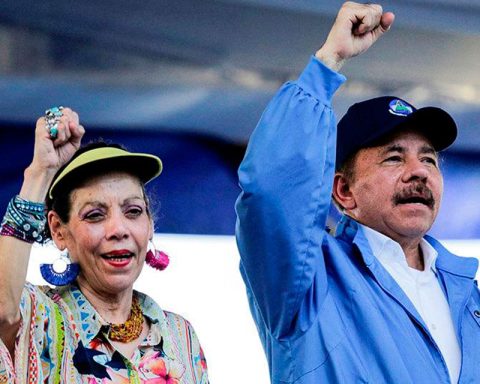Small businesses and individual microentrepreneurs (MEI) will gain two more months to settle debts with Simples Nacional – a special tax regime for micro and small companies. The program’s Management Committee approved today (21) the postponement of the deadline from January 31 to March 31.
The measure had been announced last week and was made official today. The regularization of debts is necessary for micro and small entrepreneurs and self-employed professionals to continue in Simples Nacional. In a note, the Federal Revenue, which is part of the Management Committee, reported that the measure aims to help businesses affected by the covid-19 pandemic.
“At this time of economic recovery, the deliberation of the Simples Nacional Management Committee aims to provide Simples Nacional taxpayers with the necessary breath to restructure, regularize their pending issues and resume the economic development affected due to the covid-19 pandemic”, he highlighted. the statement.
Despite the extension for the payment or renegotiation of debts, the deadline for joining Simples Nacional remains on January 31. According to the IRS, this date cannot be extended as it is established in the Complementary Law 123/2006, which created the special regime.
Traditionally, those who have not paid their debts are removed from Simples Nacional on January 1 of each year. Excluded companies, however, have until January 31 to request a return to Simples Nacional, provided they resolve pending issues by that date.
The regularization process must be done through the Federal Revenue Taxpayer Assistance Virtual Center (e-CAC), requiring digital certificate or access code. The debtor can pay in cash, deduct part of the debt with tax credits (resources that the company is entitled to receive from the tax authorities) or spread the debts in up to five years with the payment of interest and a fine.
Historic
This is the second measure taken by the government to offset the veto of the law that would create a special renegotiation program for Simples taxpayers. On the last day (11), the Attorney General’s Office of the National Treasury created two programs to renegotiate Simples debts registered in the active debt, when the taxpayer is negative and starts to be charged in court.
On the 7th, President Jair Bolsonaro vetoed debt renegotiation with Simple Nacional. On the occasion, the president alleged a lack of compensation measure (tax raises or spending cuts) required by the Fiscal Responsibility Law and the prohibition of concession or advantages in an election year.
The vetoed project would benefit 16 million micro and small companies and individual micro-entrepreneurs. Active debt renegotiation will cover a smaller audience: 1.8 million taxpayers, of which 1.64 are micro and small companies and 160 thousand are MEI.
Created in 2007, Simples Nacional is a special tax regime that includes the payment of six federal taxes, in addition to the Tax on the Circulation of Goods and Services (ICMS), levied by states and the Federal District, and the Tax on Services (ISS) , collected by the municipalities. Instead of paying a rate for each tax, micro and small entrepreneurs collect, in a single guide, a percentage of the revenue that is transferred to the three levels of government. Only companies that earn up to R$ 4.8 million per year can opt for the regime.
